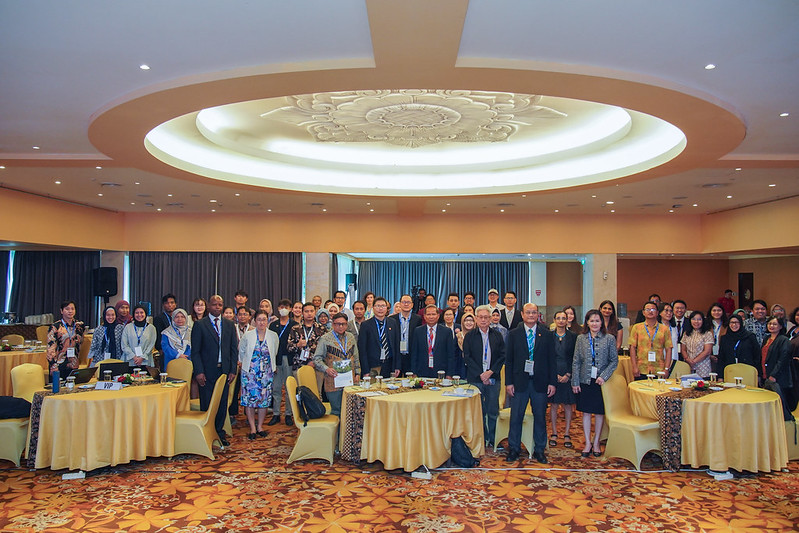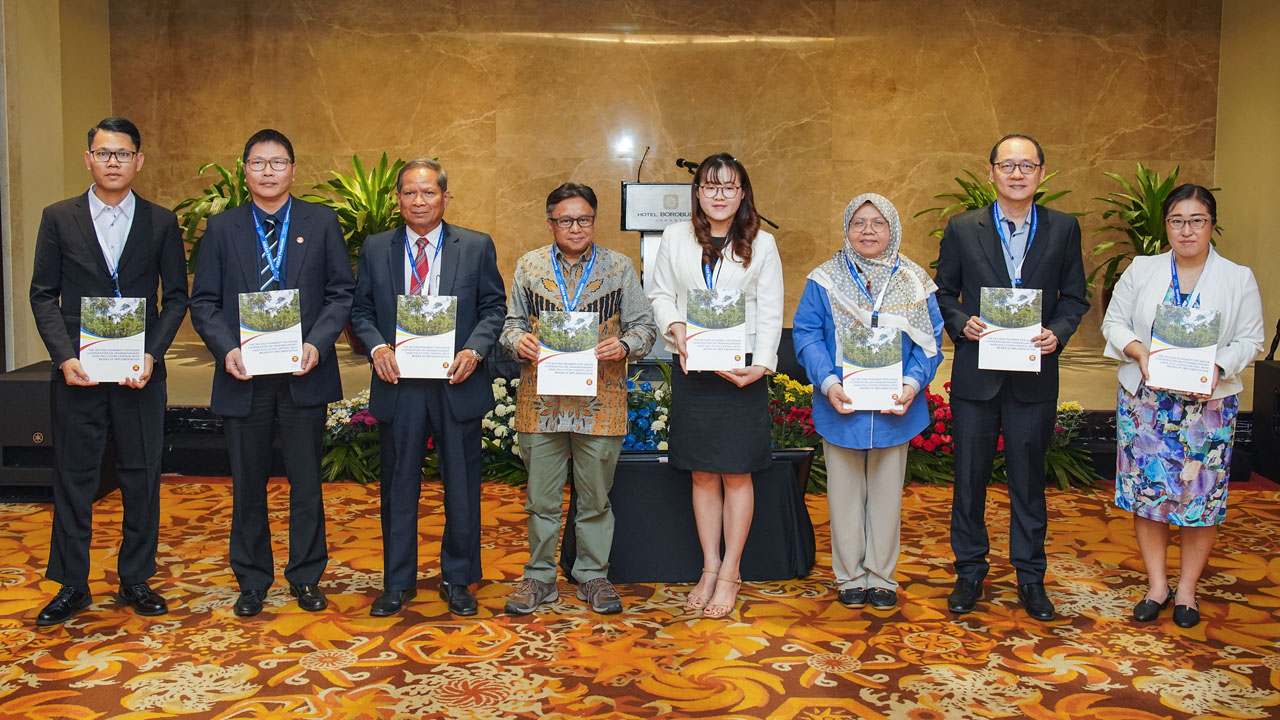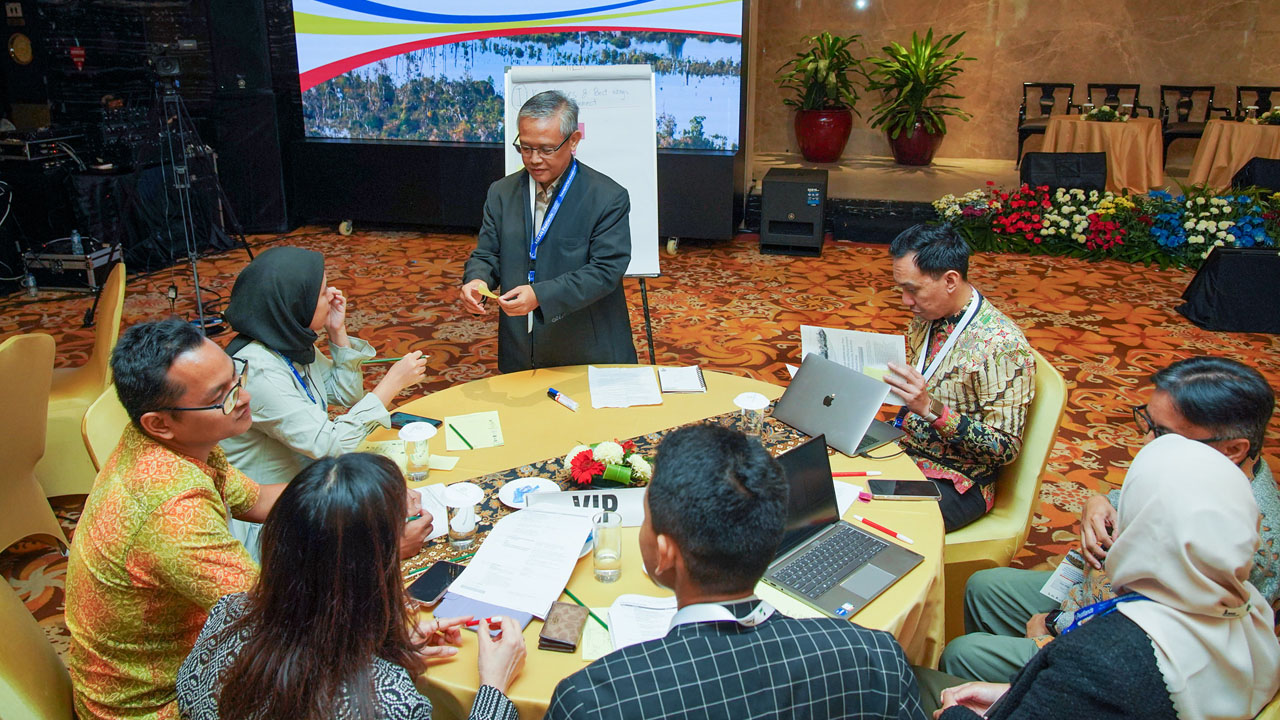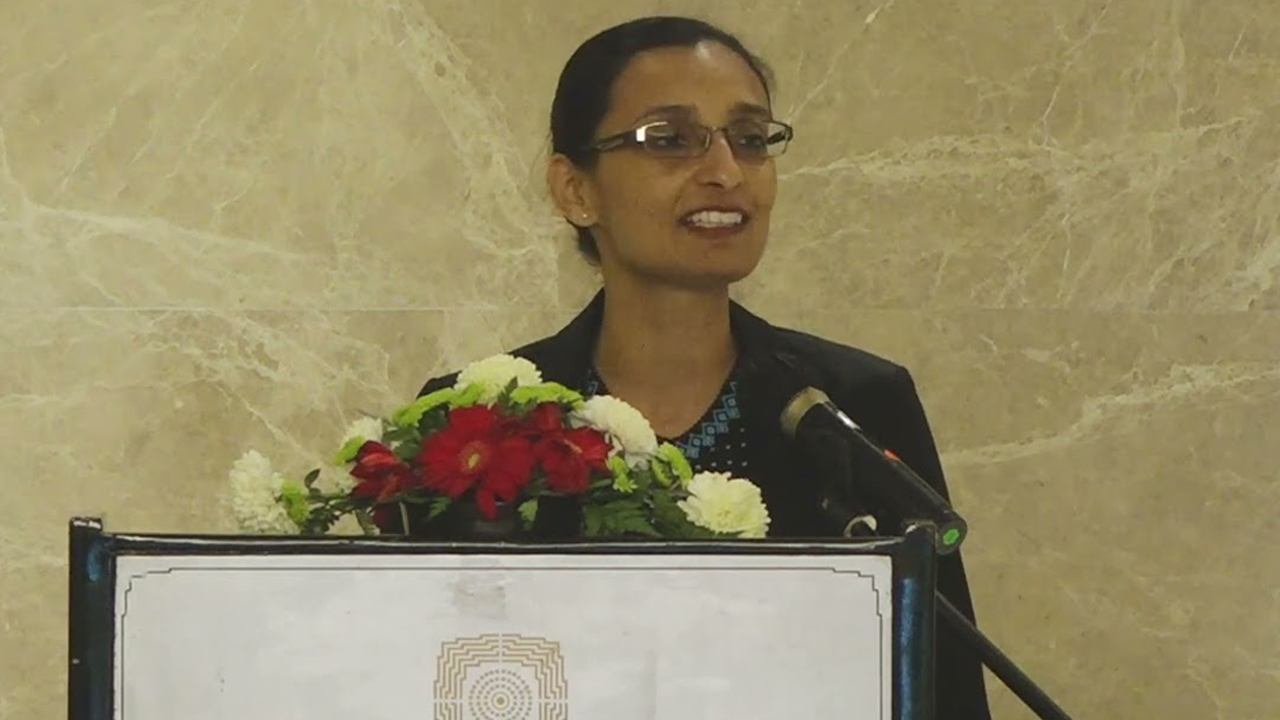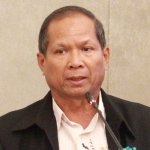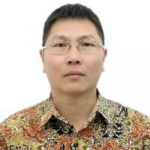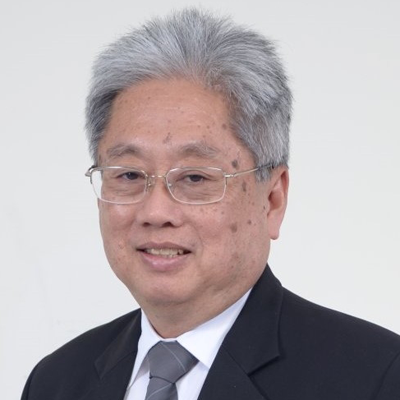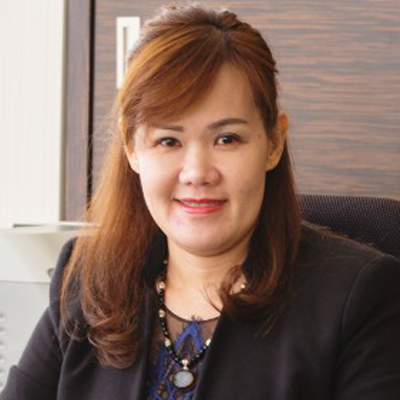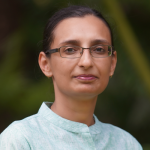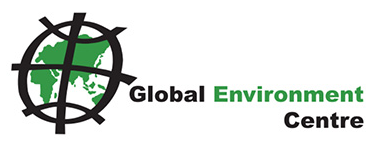Transboundary haze is a widespread air pollution and smog that affects multiple countries and regions, including Southeast Asia (SEA). The issue of haze has transcended from being a regional concern to a global environmental crisis and is primarily caused by land clearing and peatland fires, causing severe environmental degradation, health hazards, and economic disruptions. The Association of Southeast Asian Nations (ASEAN) Member States (AMS) have taken several measures to tackle transboundary haze and promote regional cooperation to address the problem effectively. The key measures include the signing and ratification of the ASEAN Agreement on Transboundary Haze Pollution (AATHP), adoption of the Roadmap on ASEAN Cooperation towards Transboundary Haze Pollution Control with Means of Implementation (2016-2020) and the ASEAN Peatland Management Strategy 2006-2020 (APMS), which specifically provided a framework of action to address peatland related haze issues.
A review commissioned to evaluate progress and experiences of the First (2016-2020) Roadmap implementation to achieve the vision of haze-free ASEAN has led to the development of a new roadmap. In August 2023, the Second Roadmap on ASEAN Cooperation towards Transboundary Haze Pollution Control with Means of Implementation (Haze-Free Roadmap) (2023-2030) was adopted during the 18th Meeting of the Committee Under the Conference of the Parties to ASEAN Agreement on Transboundary Haze Pollution (COM-18) and 18th Meeting of the Conference of the Parties to ASEAN Agreement on Transboundary Haze Pollution (COP-18). It consists of nine mutually reinforcing strategies.
The Second Roadmap synthesizes lessons learned, best practices, and innovative approaches, charting a course that amalgamates regional aspirations with actionable steps toward a haze-free future. Drawing on lessons learned from the implementation of the First Roadmap and considering the need to increase stakeholders’ awareness of the Second Roadmap, it is crucial to provide a platform for relevant actors to exchange of views on the Roadmap’s various strategies and actions for addressing transboundary haze issues. Such platforms enable relevant stakeholders to better understand differing perspectives on aspects such as policy and regulatory framework and law enforcement, sustainable land management practices, community engagement, innovative technologies etc. This can serve as the basis for creating effective policies and implementation.
To promote public awareness of the Second Roadmap and encourage participation of stakeholders in the implementation of strategies and actions, the ASEAN Secretariat together with MAHFSA Programme, is hosting a hybrid launch of the Second Roadmap and policy dialogue on 21 February 2024 in Jakarta. This event will consist of a half-day launch ceremony followed by a policy dialogue. The policy dialogue will highlight new elements of the Second ASEAN Haze-Free Roadmap and discuss the inextricably linked strategies and actions. The policy dialogue will explore the roles of both the public and private sectors in combating haze, while emphasizing the critical need for collaborative endeavors between these sectors. By fostering a dialogue that encompasses diverse viewpoints and stakeholder contributions, the event endeavors to pave the way for a more holistic and inclusive approach towards achieving a haze-free Southeast Asia.
Objectives
- Highlight key elements of the Second ASEAN Haze-Free Roadmap
- Stakeholders discuss perspectives on strategies and actions, and resources of the Second Roadmap, including the role of public and private sector and other institutions to tackle fires and haze in the region
- Identify opportunities for collaboration and alignment
- The Second Haze-Free Roadmap is launched and showcased
Contact person: Santi Darmokusumo, s.darmokusumo@cifor-icraf.org














